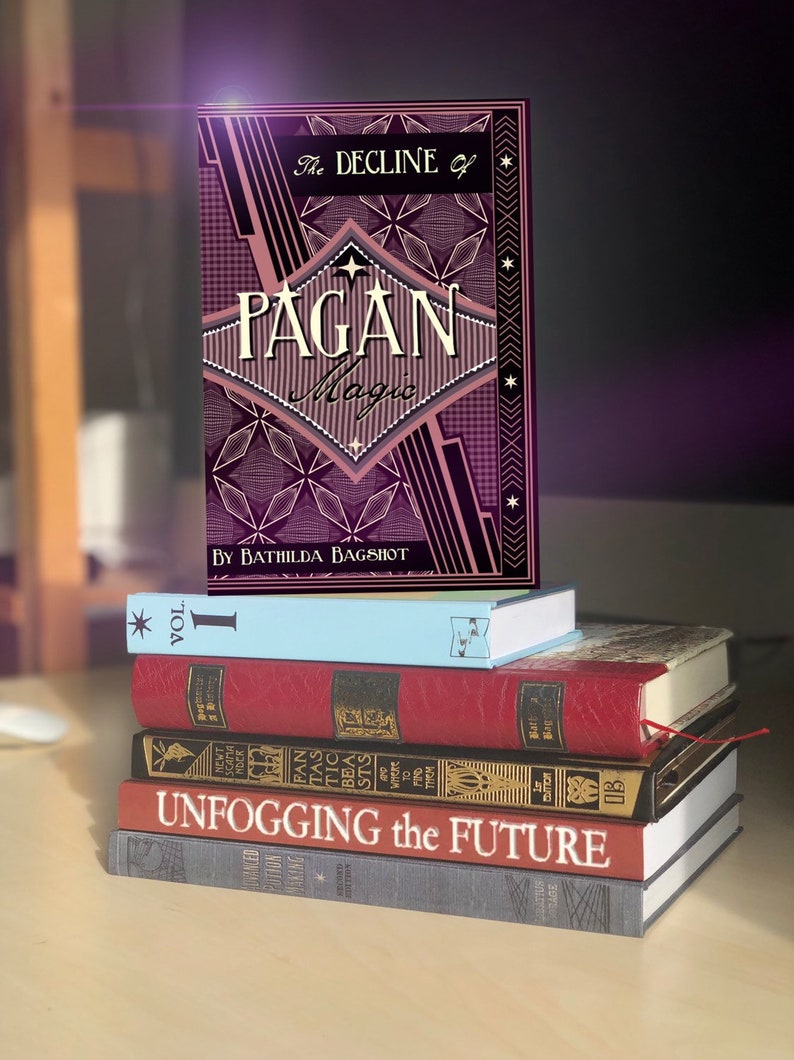
The joy of his dry and witty book is in its accumulation of fine detail, and also in its broad humanity. But the author has no grand thesis to sell us. When Thomas’s Religion and the Decline of Magic was first published in 1971, it drew together two disciplines, history and anthropology, which early in the twentieth century had grown apart. Their society, which seems to us static, traditional, and hierarchical, proves on closer inspection to be constantly shifting, renewing itself. Their worldview was diverse but coherent it had its own pedigree, and left its own descendants. But our ancestors were not emptily credulous. Magic was not just the province of “Hob, Dick and Hick” the simple villagers, but also of the erudite and sophisticated kings had their astrologers to guide them, and the politically astute could manipulate popular belief in prophecies and miracles so that they had an impact on the affairs of nations. Closely allied to religious sentiment and ritual expression, magic survived the Reformation, adapting its form. He sees that they were not quaint deviations from mainstream thought they were not marginal to the early modern world, but intrinsic to it. Keith Thomas has made a special study of magic and magical thinking. To keep at bay the misfortunes of the world, he followed the prayers framed for him in Latin, a language he did not understand, attributing a mechanical efficiency to their enunciation, heaping them up as if he could build a staircase to a capricious God, whom he hoped, one day, to see face to face. 1 To understand that world, we have to take ourselves back to the beginning of the period, into the mindset of a preindustrial society, when most people were engaged in agriculture, most people could not read, and the ritual year of Roman Catholicism shaped the experience of the ordinary man going about his ordinary days.


In his Religion and the Decline of Magic his subject is early modern England, roughly between 15. The English historian Keith Thomas has revealed modes of thought and ways of life deeply strange to us, and he illustrates them with precise evidence. There never was a merry world since the fairies left off dancing and the parson left conjuring. ‘The Concert in an Egg’ painting after Hieronymus Bosch, circa 1561


Palais des Beaux-Arts, Lille/Réunion des Musées Nationaux/Art Resource


 0 kommentar(er)
0 kommentar(er)
